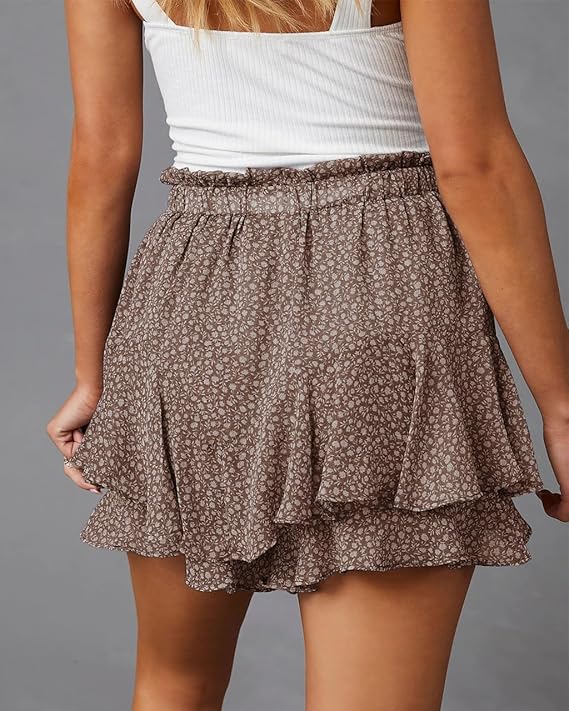Why Japanese People Don’t Get Fat — And How You Can Steal Their Skinny Secrets!
This Post Contains Affiliate Links. Please Read Our Disclosure For Full Information.
Hey bestie! 💖
Ever wondered how so many Japanese people stay slim, radiant, and glowing without living on sad salads or skipping dessert? Same, babe. Same.
The secret? It’s not about toxic diet culture or starving yourself. It’s all about the Japanese lifestyle—the way they eat, move, and vibe. And guess what? You can totally steal their skinny secrets and bring that glow-up to your own life (without giving up on food you love 🍜).
Here’s the tea 🍵 on why Japanese people don’t get fat and how you can hop on the healthy train too👇
🍱 1. Smaller Portions, But More Variety 🍤
In Japan, it’s all about small plates, lots of colors, and balanced meals. No mountain-sized portions or giant everything.
✅ Try eating from small bowls and plates to trick your brain into feeling full faster.
✅ Focus on veggies, fish, rice, and fermented foods.
👉 Cute Japanese Style Bento Boxes
🥢 2. They Actually Use Chopsticks 🍜
Using chopsticks slows down your eating and makes you more mindful. No shoveling food like a hungry gremlin.
✅ Eating slower = better digestion + you actually realize when you’re full.
🍵 3. Green Tea on Repeat 💚
Japanese people drink green tea like it’s water—and it’s loaded with antioxidants that boost metabolism and help burn fat naturally.
✅ Swap your sugary drinks for a cup of matcha or sencha. Your skin and waistline will thank you.
👉 Premium Japanese Matcha Powder
👉 Traditional Japanese Tea Set
🐟 4. Loads of Fish & Seafood (Omega-3 Queen) 🐠
Instead of processed meats, they load up on fish, seaweed, and tofu—all packed with healthy fats that boost metabolism, skin, and heart health.
✅ Try including salmon, tuna, sardines into your weekly meals.
👉 Seaweed Snack Packs
👉 Japanese Cooking Set
Check Out These Cool Outfit Ideas
🥬 5. Fermented Foods = Gut Health Goals 🌱
Miso, natto, pickles, kimchi—Japanese diets are loaded with probiotic-rich foods that keep your gut happy and bloating low.
✅ Happy gut = flatter tummy + better mood.
👉 Miso Soup Packets
👉 Fermented Kimchi Jar
🏃♀️ 6. They Move—Without “Working Out” 🚶♀️
Instead of slaving away at the gym, most Japanese people walk, bike, or take public transport daily.
✅ Gentle, consistent movement keeps the metabolism going without burnout.
👉 Pedometer or Fitness Tracker
🍚 7. Rice—But in Balance 🍚
Yes, they eat white rice—but in small amounts, paired with veggies, protein, and broth.
✅ It’s all about portion control, balance, and variety.
👉 Authentic Japanese Rice Bowls
Check Out These Trending Outfits
🍲 8. Mindful Eating = No Multitasking
In Japan, mealtime is sacred. No eating while scrolling TikTok, no couch-snacking. They actually sit, eat slowly, and enjoy the moment.
✅ Mindful eating = fewer calories + better digestion + less bloating.
Final Thoughts, Babe 💕
The Japanese lifestyle isn’t about restriction—it’s about balance, beauty, and simplicity.
By adopting just a few of these skinny secrets, you can feel lighter, healthier, and more energized—without crash diets or guilt.
Your wellness glow-up is totally waiting, bestie ✨. Which tip are you stealing first? Drop it below or DM me for a Pinterest glow-up plan too!
xoxo, Serenity Talks 💖🍵




















